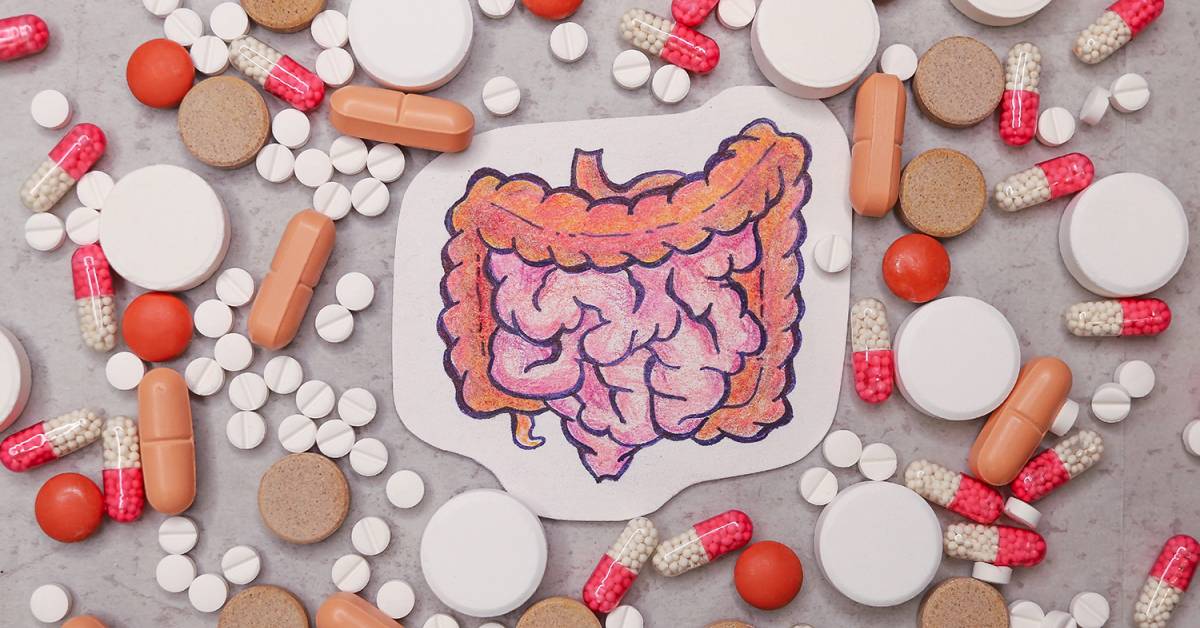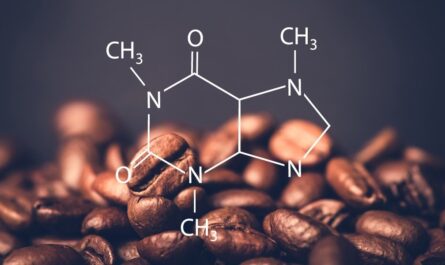Health Benefits of Tea Extracts
One of the main reasons tea has become so popular is because of the various health benefits associated with its extracts. Tea contains a variety of antioxidants, vitamins, minerals, and other bioactive compounds that can positively impact our health in different ways. Here is a closer look at some of tea’s most beneficial extracts:
Catechins
Catechins are a group of powerful polyphenol antioxidants that are highly concentrated in green and white teas. The most abundant and researched catechin is epigallocatechin gallate (EGCG), which has been linked to reduced risk of heart disease, certain cancers, brain diseases, and other health conditions. EGCG in particular helps boost metabolism, supports fat loss, protects cells from damage, and may enhance cognitive function.
Theaflavins
Present mainly in black Tea Extracts, theaflavins are compounds formed during the fermentation process of tea leaves. Along with catechins, theaflavins play a role in tea’s anti-inflammatory and anticancer properties. Studies show theaflavins may reduce cholesterol levels, lower blood pressure, and protect against diseases like diabetes or Alzheimer’s disease due to their antioxidant effects.
Caffeine
Tea naturally contains caffeine, though typically less than coffee. Caffeine has benefits like increased mental alertness, focus, and mood. It can also boost metabolism slightly and enhance physical performance during exercise. However, too much caffeine could potentially counter some benefits by causing issues like anxiety, insomnia, or stomach upset in sensitive individuals.
L-Theanine
L-theanine is an amino acid uniquely found in tea leaves. It produces a relaxed yet alert state when consumed with caffeine, providing mental clarity without jitters. L-theanine has demonstrated benefits for stress, anxiety, focus, and cognition. Some research also suggests it boosts GABA and dopamine levels in the brain for mood support.
Additional Plant Compounds
Beyond the major tea extracts, green tea also contains small amounts of minerals, amino acids and other phenolic compounds that provide extra benefits. For example, manganese supports bone health and metabolism, while fluorine helps strengthen tooth enamel.Plant sterols may help balance cholesterol. Overall, consuming tea regularly offers a wide array of nutrients supporting optimal health.
How Tea Extracts Can Benefit Specific Health Conditions
The specific extracts in different types of tea impart unique health advantages based on their chemical makeup. Here is a look at how tea compounds could benefit certain common conditions:
Heart Health
The catechins, flavonoids and theaflavins in green, white and black teas have been shown to potentially reduce risk factors for cardiovascular disease. Their antioxidant and anti-inflammatory actions may help lower “bad” LDL cholesterol, blood pressure, reduce plaque buildup and clotting abilities. For those at risk of heart attack or stroke, daily tea could offer protective effects.
Brain Health
EGCG and L-theanine extracts boost cognitive function, focus and may reduce risk of Alzheimer’s and dementia. Caffeine and antioxidants protect brain cells from damage due to compounds like amyloid. Early research suggests people who drink tea regularly have slower cognitive decline as they age. Black tea may specifically protect brain structure in older adults.
Cancer Prevention
The anticancer properties of tea have been studied extensively. Compounds inhibit tumor growth and development by inducing cell death, blocking DNA damage, reducing inflammation and boosting the immune system’s response. Catechins especially may offer protective effects against breast, prostate, colorectal and other cancers.
Metabolic Support
Caffeine and EGCG activate fat burning and thermogenesis. Drinking tea supports weight loss and weight management in part due to its ability to boost metabolism. Some studies have linked catechins to reduced abdominal fat accumulation and healthier metabolism long-term as well.
Diabetes Management
Green tea extract supplements have been shown to lower blood sugar spikes after meals in diabetics as well as pre-diabetics. Antioxidants reduce oxidative stress and inflammation linked to diabetes complications. Catechins support insulin sensitivity which is key for regulating blood sugar levels. Daily tea drinking may lower risk of developing diabetes.
Potential Downsides and Cautions
For most healthy individuals, tea is considered quite safe to consume regularly in moderate amounts. However, there are some potential downsides to be aware of:
– Excessive caffeine intake, over 500 mg per day, could lead to issues like anxiety, insomnia, or upset stomach in sensitive individuals
– Very high intakes of tea extracts in supplement form have rarely been associated with liver toxicity. Most studies use doses equivalent to 15-30 cups per day.
– Interactions with certain medications are possible due to caffeine and other plant compounds. Check with your doctor about any interactions.
– Caffeine is not recommended for pregnant or breastfeeding women due to potential adverse effects.
– Loose leaf tea contains small particles that could pose a risk if consumed by young children. Consider tea bags instead.
– Consuming very high amounts of black tea provides significant oxalate exposure that may interact poorly with kidney or gallbladder conditions.
Tea is considered an overall quite healthful beverage choice. When consumed in moderation by most adults, its beneficial plant compounds can provide antioxidant, anti-inflammatory and other disease-preventing effects. Different types of tea cater to a variety of health needs through their unique extracts and compounds.



